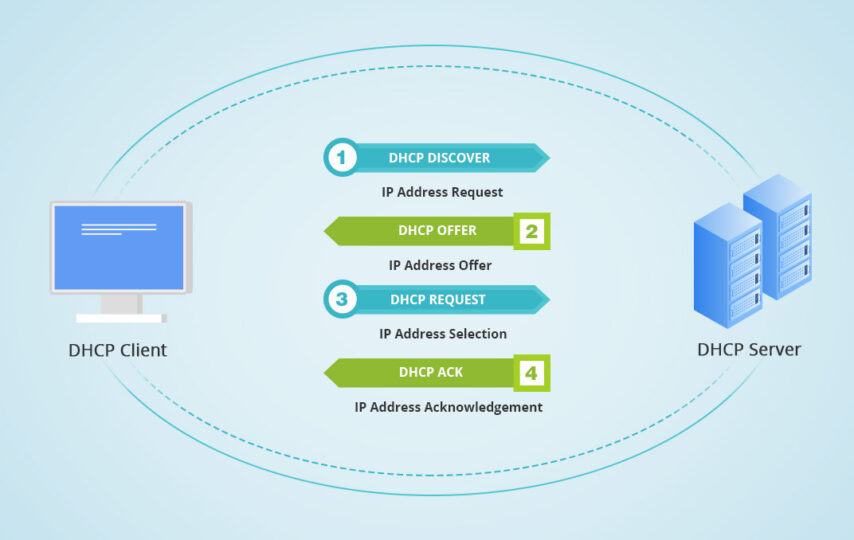Domain name system (DNS), dynamic host configuration protocol (DHCP), and IP address management are collectively referred to as DDI (IPAM). The acronym DDI stands for DNS-DHCP-IPAM in networking. The link between hostnames and IP addresses is ensured by DNS. Almost all apps and services can be accessed using access routing, which maintains the flow of network traffic and HTTP web traffic.
For nodes connecting to the network, DHCP assigns dynamic IP addresses and automatically inherits configuration capabilities from the address plan tree. By making it possible for effective management of IP addresses across the network, IPAM supports several essential technologies. They come together to form DDI. In this article we will discuss about enterprise appliance for IPAM and will provide the complete information about DNS, DHCP and IP address management (DDI) .
When do you need DDI?
There are inherent hazards when DNS, DHCP, and IPAM are administered independently. But with a centralised solution, network administrators can view and manage their whole network through a single pane of glass.
The network team’s workload is much simplified by DDI’s integration. Records are updated in real-time so there is no lag between what is recorded and what is actually happening with IP addresses.
DDI is viewed as a crucial networking technology by many IT organisations. Due to the expansion of several clouds and devices, it is more prevalent than ever. Additionally, because traditional network security solutions struggle to keep up with the constantly changing security threats. The management of the interactions between DNS, DHCP, and IPAM is made easier and more automated by an integrated DDI solution. These tools help organisations manage the ever-growing number of IP addresses and the dependence of their operations on essential network services.
DDI Management Benefits
Incorporating DDI into your company has a lot of benefits. The simplicity of management is the primary factor. By centralising IP administration and automating numerous networking processes, DDI eliminates the need to operate separate DNS, DHCP, and IPAM services. DDI can save a tonne of time because so many of its components can operate on “auto-pilot.” Additionally, it lessens errors brought on by manual settings and IP address management via spreadsheets. Additionally, DDI solutions are designed to grow with your company. This is particularly crucial for start-ups, firms that are expanding quickly, or organisations that are adhering to a growth strategy.
DDI Management Drawbacks
In the case of a hardware-based solution, for instance, not only are the initial expenses high, but they also need to be maintained and upgraded as technology develops. Cloud-based DDI solutions are frequently constrained by software requirements that frequently call for licence and/or renewals, or they are provider-based and demand extensive contracts and high monthly costs.





